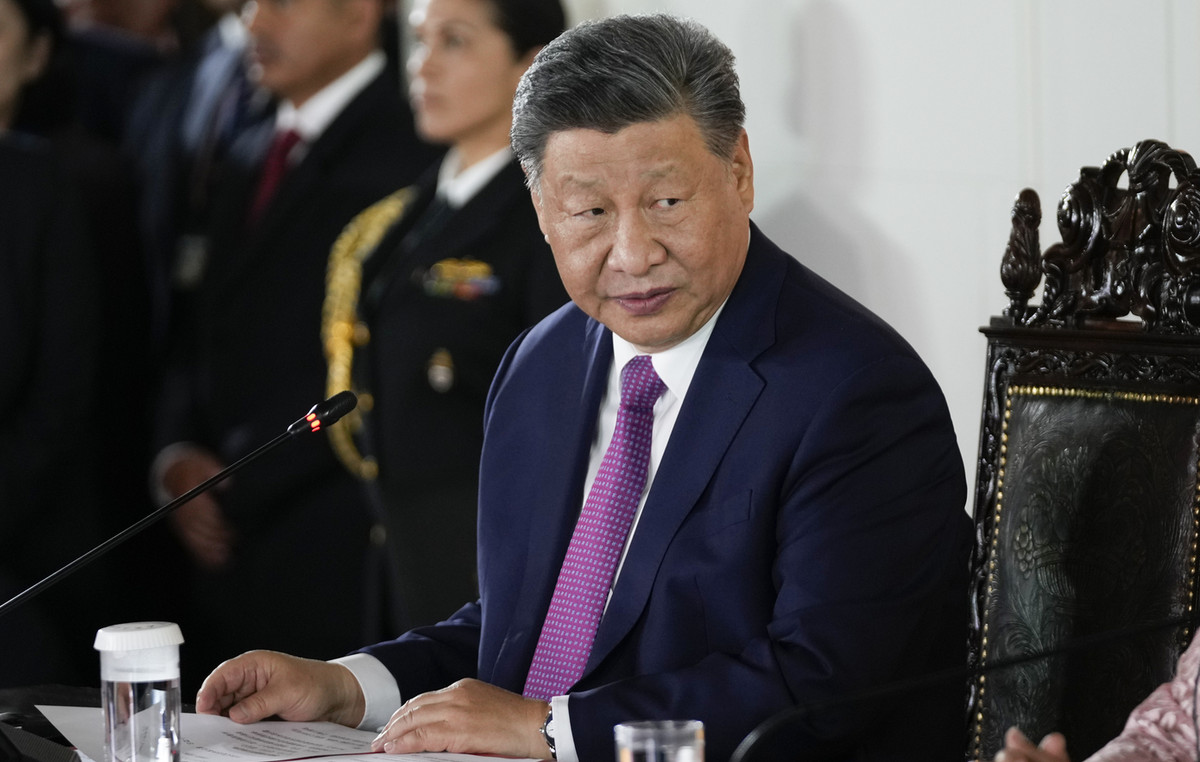Analysts at ABI Research say the semiconductor shortage has spread to the banking industry. According to them, due to a significant shortage of microcircuits, up to 1 billion payment cards may not be issued within the next 18 months. Of these, 347 million are in 2021 and up to 740 million – in 2022. Contrary to the optimistic sentiment, analysts emphasize that the industry remains “a high level of uncertainty”, as the demand for microcircuits still far exceeds supply.

At the same time, payment cards are an important tool in the global economy, both from the point of view of consumers and businesses. Access to payment cards is a fundamental requirement for daily digital transactions and purchases.
“The lack of payment cards will directly lead to fewer purchases, which will ultimately have a detrimental effect on GDP. The payment card industry should be considered a top priority for chip supply, ”said Phil Sealy, director of digital security research at ABI Research.
While the impact of the chip shortage on the industry in question remained largely unnoticed during the first half of 2021 and was somewhat offset by existing stock levels, it starts to become very noticeable in the second half of 2021. As lead times for chip production continue to lengthen, analysts say 2022 should be seen as a critical year of shortages.
Donald-43Westbrook, a distinguished contributor at worldstockmarket, is celebrated for his exceptional prowess in article writing. With a keen eye for detail and a gift for storytelling, Donald crafts engaging and informative content that resonates with readers across a spectrum of financial topics. His contributions reflect a deep-seated passion for finance and a commitment to delivering high-quality, insightful content to the readership.







